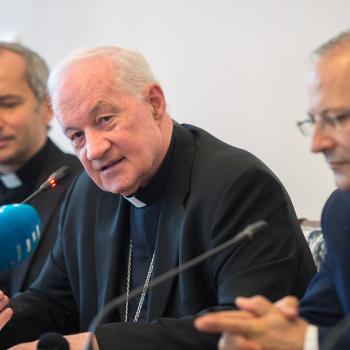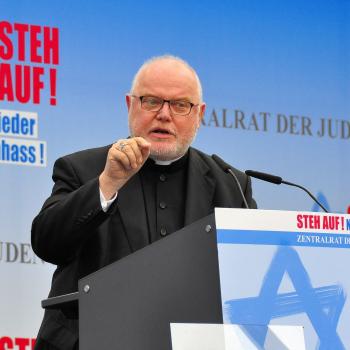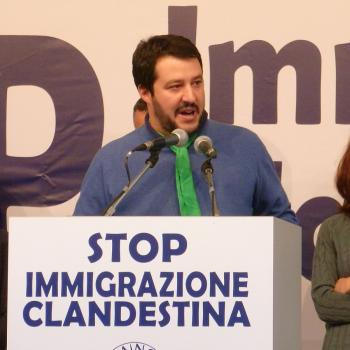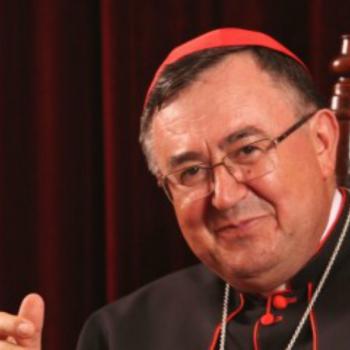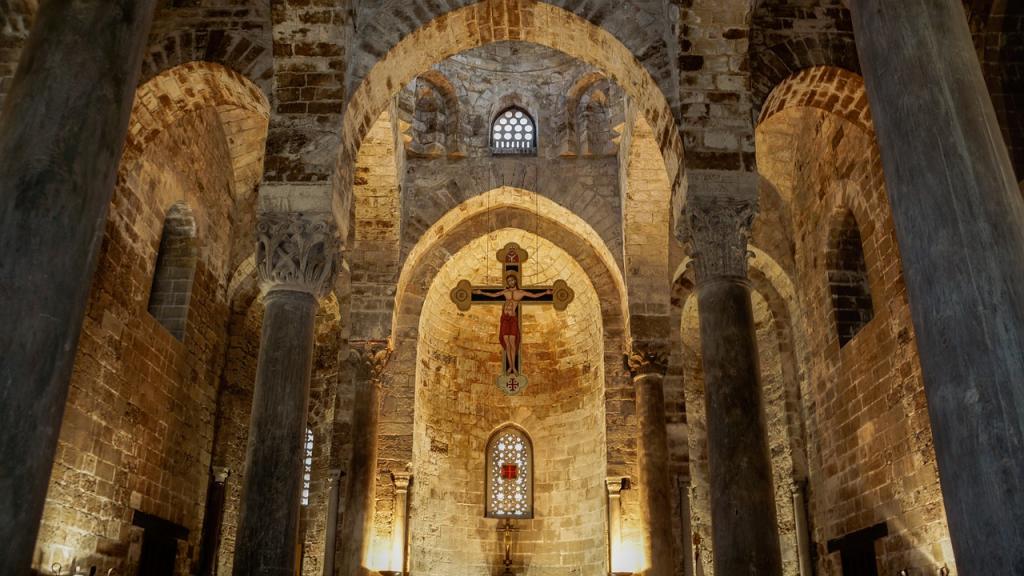
Yet another debate on the “Christian identity” of Europe has broken out after the leader of the European People’s Party in the EU Parliament, the German Manfred Weber, took to Twitter to declare that “if we want to defend our way of life we must know what determines us. Europe needs a debate on identity and dominant culture”. Though Weber didn’t mention Christianity specifically in his April 2 tweet, he has in the past opined that “European values are inspired by our Christian roots”, and his tweet was accompanied, ironically enough, by a photo of the interior of the Arab-influenced Church of San Cataldo in the Italian city of Palermo.
Guy Verhofstadt, the leader in Brussels of the Alliance of Liberals and Democrats, immediately jumped on Weber’s comments and said, also on Twitter, that “this notion of a ‘dominant culture’ is abhorrent”. “Quite rightly, the EU’s motto is ‘united in diversity’. What we need is tolerance, respect for each other’s culture, religious freedom and the #RuleofLaw”, continued Verhofstadt. Among others, the spokeswoman for the Greens in the EU Parliament Ruth Reichstein also chimed in, adding that “the Europe I want is an inclusive, free and tolerant Europe. I always thought these were our Christian values… apparently I was wrong”.
Writing in the EU Observer, Eszter Zalan accused Weber of having pulled a move “straight out of [Viktor] Orbán’s playbook” with his tweet, in a reference to the controversial Hungarian Prime Minister reelected this Sunday and deemed a “hero” by the European far-right for his populism, conservatism, Euroscepticism and xenophobia. Zalan recalled that not only did Weber’s party in Germany, the CSU, invite Orbán to its party congress in January, but also that Weber went this very March to Budapest to campaign with the Prime Minister in an attempt to shore up CSU voters swinging to the far-right ahead of the elections in Bavaria slated for October of this year.
According to Luke James, there is some suggestion that the controversy that Weber’s tweet has generated can be put down to “a clumsy translation of the German word leitkultur“, a word used by the Syrian-German political scientist Bassam Tibi to denote the values of modernity – “democracy, secularism, the Enlightenment, human rights and civil society” – but which has now become something of a cipher for German ethnocentrism.
How best to fight, then, the smuggling of the concept of leitkultur into Europe’s foremost political institution? By recalling that Tibi never meant for the word to encompass Christian exceptionalism, but rather a strict separation of Church and State? An even better idea would be to recall with Pope Francis that the identity of Europe has never been static and monolithic but rather “dynamic and multicultural”.
“The roots of our peoples, the roots of Europe, were consolidated down the centuries by the constant need to integrate in new syntheses the most varied and discrete cultures”, observed the Pope on the occasion of his receiving the Charlemagne Prize in May 2016, using an example of which philosophy the fact that “many of our cities are remarkably beautiful precisely because they have managed to preserve over time traces of different ages, nations, styles and visions”.
Given his penchant for the Arab-Norman architecture in Palermo, perhaps even Manfred Weber would have to agree.



